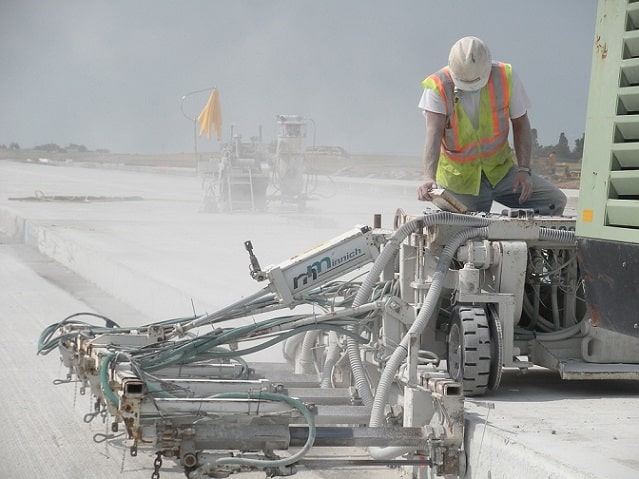When a country experiences an ongoing drought and there are talks of water restrictions and rationing, people tend to panic and rush out to buy bottled water. Nobody ca live without water because the human body needs water to survive and we need water to grow our crops and keep our livestock in good health, as well as for many other key functions.
Some individuals, when face with the possibility of the water no longer flowing from their taps, will rush to capitalise on underground water sources by putting in a borehole, which means drilling down into an underground aquifer to harvest its water.
The problem with this is that there is not an infinite amount of water in these underground aquifers, and without rain or snow-melt to refill them, and unless they are recharged, they too will eventually run dry.
One only has to look to India, where the water table has been extensively tapped for agriculture, for the truth of this – government data has shown that in some areas groundwater levels have dropped by an average of more than 30 feet since 2005.
NASA has been utilising satellite technology to map and track the water in the earth’s aquifers, and calculates that more than 50% of the world’s 37 largest aquifers are declining. This is water that has accumulated over thousands, even millions of years; some of these aquifers originated in meltwater from glaciers at the end of the last Ice Age.
If demand for water grows, as it is wont to do, and rainfall trends continue show the distinct declining trend they have over the past few years, and too much water is abstracted, recharge is going to decrease and with that sustainable yield severely impacted.
Despite this, authorities in some countries still insist on mining water now that should be the birth right of future generations, instead of taking measures that are more sustainable such as planting trees and vegetation cover instead of stripping it, and taking care of our rivers and wetlands.
Rent water coolers and purchase water coolers from Living-Water in London.






